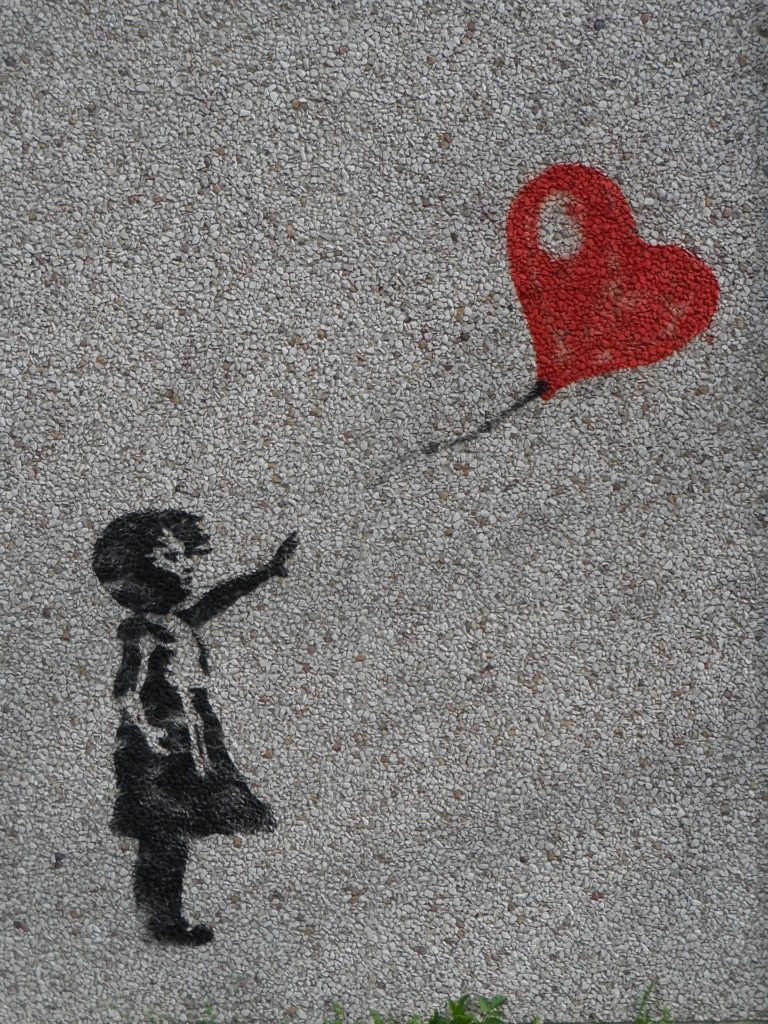Prior to 1946, the field of adult mental health lacked recognition as a scientific discipline. However, dating as far back as 705 AD, the Arab world pioneered the establishment of hospitals for the mentally ill, laying the foundation for the subsequent dominance of insane asylums in mental health care for centuries [Wilkinson, 2019]. Clifford Beers, inspired by his experiences in such hospitals, emerged as a pivotal figure in the mental hygiene movement of the late 19th century, a prerequisite to the current mental health discipline. This movement advocated for improved care for individuals with mental disorders, aiming to shield them from the abuses often endured. The early 20th century witnessed the conceptualisation of Sigmund Freud’s psychodynamic approach, prompting deinstitutionalisation and reshaping mental health care paradigms [Britannica, 2023]. Later, B. F. Skinner introduced us to behavioural and cognitive concepts of mental health in the mid-20th century. The 1970s marked the widespread adoption of psychiatric medication and the development of Cognitive Behavioural Therapy practices [National Library of Medicine, 2023]. Current approaches focus on a medical model of mental health, emphasising the influence of biological and neurological factors in the pathogenesis, diagnosis, and treatment of mental health disorders.
While the field of child psychology is still in its infancy, various models have emerged over the years. These include behavioural models focusing on infant reactions, psychodynamic approaches emphasising unconscious psychological processes, and psychobiological perspectives delving into the interplay between a child’s environment and biological mechanisms which shape emotions and behaviours.
Mental health difficulties in children range from emotional and behavioural disorders, such as depression, anxiety, and ADHD, to more complex neurodivergent disorders like autism and epilepsy. Symptoms of mental health disorders in children can include difficulties with how a child plays, learns, speaks and acts, as well as how the child handles their emotions.
The future of developmental psychology will no longer see children as merely recipients of knowledge and intervention programmes adults have designed for them. Instead, children should be included in the making of research and indeed contemporary sociologists and anthropologists have achieved significant outcomes in making research with children [Cowie & Jennifer, 2017]
At Psychology Cares, we take a uniquely comprehensive approach to clinical research and application by intertwining conceptual, theoretical, clinical, and practical dimensions. Our methodology incorporates insights from different scientific disciplines. But, we go beyond the realms of science, drawing inspiration from the arts as we recognise the profound role of creativity in understanding the complexities of human phenomena just as Da Vinci and Richard Feynman did. This synthesis of disciplines fuels our commitment to a dynamic and inclusive understanding of mental health, fostering innovative solutions that resonate with the richness of human experience.









There is just enough space here for several lines of text. Make sure you get your message across clearly yet concisely.
There is just enough space here for several lines of text. Make sure you get your message across clearly yet concisely.
There is just enough space here for several lines of text. Make sure you get your message across clearly yet concisely.
There is just enough space here for several lines of text. Make sure you get your message across clearly yet concisely.


C- Conceptual |T- Theoretical | CI- Clinical | P- Practice

C- Conceptual |T- Theoretical | CI- Clinical | P- Practice






C- Conceptual |T- Theoretical | CI- Clinical | P- Practice
We’re Still Improving!
Our website is under construction, and you might come across some misspellings or broken links. We’re working hard to fix these issues and improve your experience. Thank you for your patience and understanding as we make things right.